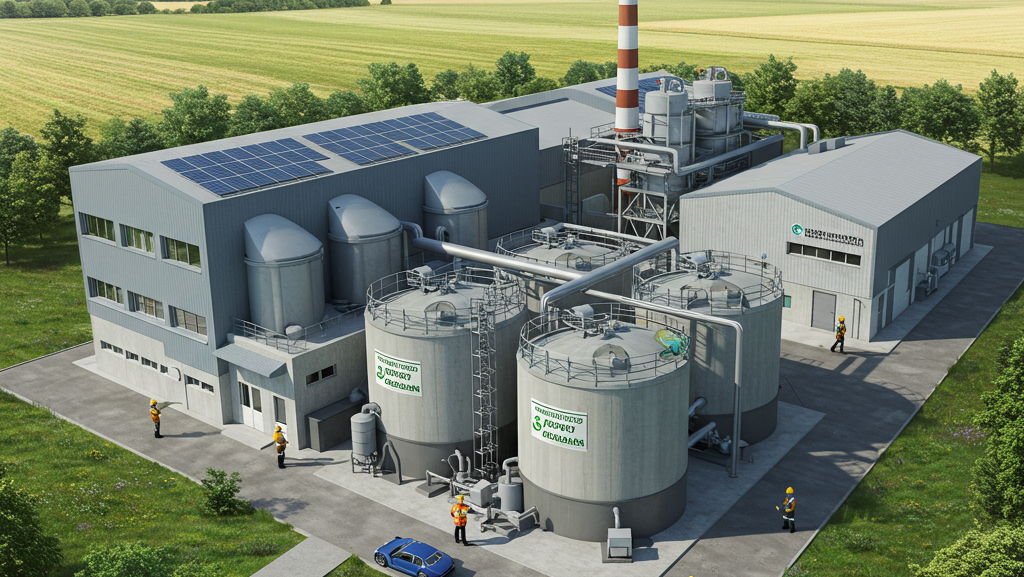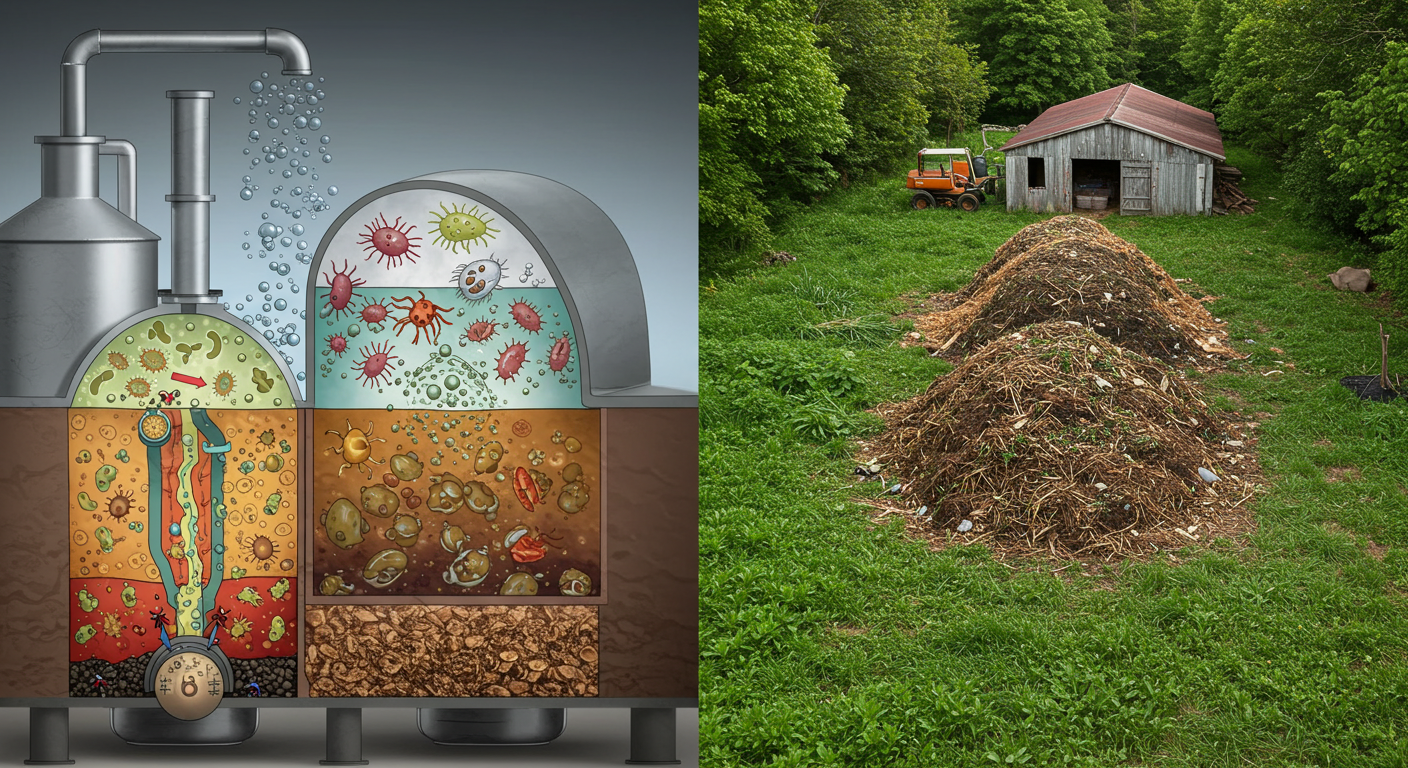What is No-Till Farming?
No-till farming is an agricultural practice that involves growing crops without disturbing the soil through tillage. This method allows the soil structure to remain intact, leading to improved soil health and fertility. By minimizing soil disruption, farmers can enhance moisture retention and promote beneficial organisms that contribute to a sustainable ecosystem.
Benefits of No-Till Farming
The advantages of no-till farming are numerous. Firstly, it reduces soil erosion significantly. With the soil left undisturbed, the natural barriers formed by organic matter and root systems can effectively prevent erosion caused by wind and water. Secondly, no-till farming enhances carbon sequestration. By allowing organic matter to decompose in situ, carbon is captured and stored in the soil, contributing to climate change mitigation.
Techniques for Implementing No-Till Farming
To successfully implement no-till farming, certain techniques should be employed. Cover cropping is a vital strategy, as it provides ground cover that protects the soil and adds nutrients upon decomposition. Additionally, utilizing specialized no-till equipment, such as seed drills or planters, can help ensure proper planting without disturbing the soil. Farmers are encouraged to practice crop rotation and diversification, which can further enhance soil health and reduce pest cycles.





